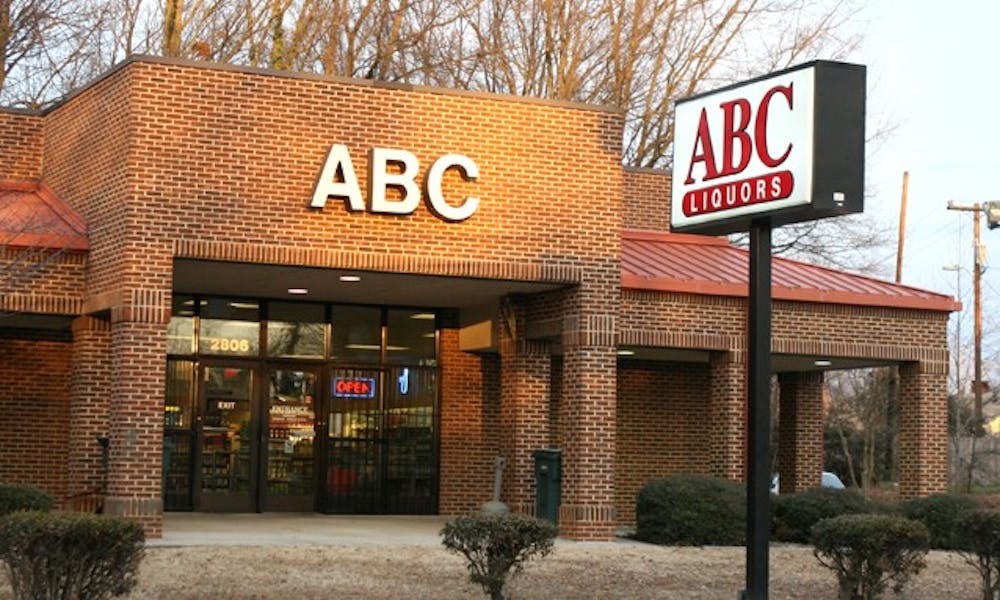Gov. Bev Purdue announced Thursday in Durham that she hopes to keep North Carolina’s Alcohol Beverage Control system as it is now, despite discussions of privatization.
Perdue previously contemplated selling the ABC system to relieve the state’s budget deficits. Last year, the 28-member Joint Study Committee on Alcoholic Beverage Control hired a Chicago-based consulting group to estimate how much revenue the state could obtain by privatizing the operation.
In her speech, Perdue said a sale would raise approximately $300 million, but she maintained that the one-time payment does not justify the change. Some North Carolina legislators have expressed interest in continuing to consider privatization as an option, but the governor’s rejection of the plan may impede those efforts.
“The current ABC system, especially with the new ethical standards in place, is well-run and gives us the third best excise revenue in the country,” Perdue said in her speech. “I am still looking for new and innovative ways to set government straight and tackle our budget issues, but for me, today, selling the ABC system just isn’t the right way.”
Connel Fullenkamp, director of undergraduate studies and professor of economics, said he thought the state did not sell the ABC system because it did not receive offers as high as it had hoped.
He added that states usually consider selling off assets when they face serious budget deficits. However, similar to Arizona’s state government discussion of selling their capitol building, these options are only profitable in the short term.
“These maneuvers typically put off the day of reckoning,” Fullenkamp said.
In considering options to reform the ABC system, Perdue vowed to only consider options that kept North Carolina a control state—in that it regulates the sale and distribution of alcohol—and protected state and local revenues.
North Carolina is one of 19 control states in the country and one of four states nationwide with a total monopoly over liquor sales. Spirits are sold exclusively by the 167 local ABC boards that operate the 422 retail ABC stores located in all but one of the state’s 100 counties.
“I don’t want to be the governor who has to hold my granddaughter’s hand as we walk past the liquor bottles on our way to the toy aisle in Walmart or towards the cereal in Food Lion,” Perdue said. “That isn’t North Carolina. That isn’t who we are or what we want to become.”
Local ABC stores currently represent a large source of income for the counties and cities in which they are located. For instance, Durham County’s ABC Board distributed $1,369,294,in funding for local government, law enforcement and alcohol education. Overall, the ABC system provided the state government with $200 million and local governments with $51 million last year.
Still, North Carolina has one of the lowest per capita alcohol consumption rates in the nation, currently tied for 44th place. Joe Walls, executive director and general counsel for the N.C. Association of ABC Boards, said he thinks the state’s moderate consumption of liquor is due to the current regulation system.
“[The N.C. Association of ABC Boards thinks] that control and moderation are the most important aspects of the ABC system, and we think the current system serves those purposes,” he said. “In privatized systems, you have increased outlets that lead to increase in alcohol consumption and the problems that arise from increased consumption.”
Randy Mills, general manager of the Durham County ABC board, said he supported Perdue’s decision, adding that the Durham County ABC stores will continue doing “business as usual.”
Get The Chronicle straight to your inbox
Signup for our weekly newsletter. Cancel at any time.

